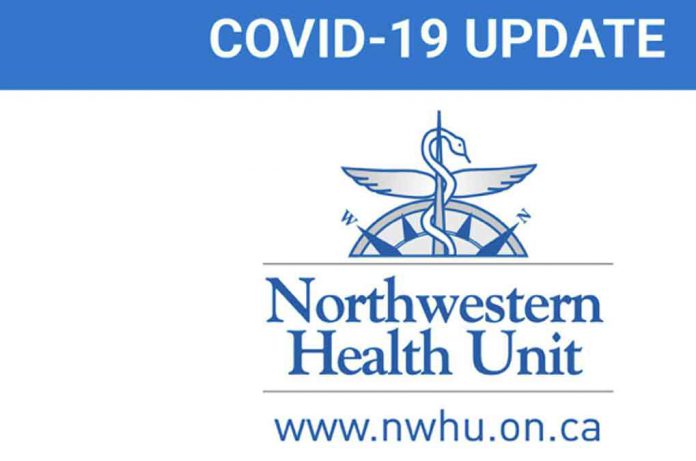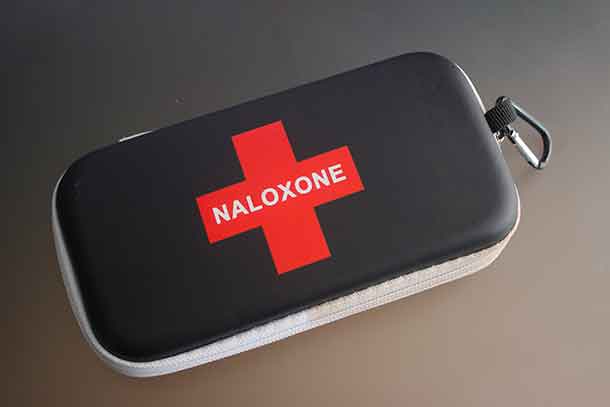Stay home and stay safe this holiday season!
KENORA – COVID-19 – For many, the holiday season normally comes with travel plans, however Northwestern Health Unit (NWHU) is advising against it this year. The new advice aligns with the Ministry of Health’s recommendations and will help reduce the risk of transmitting COVID-19 in our area.
The recommendations include:
Travel within Ontario
• Using the provincial COVID-19 response framework as a guide, people in higher transmission areas should avoid travel to lower transmission areas (e.g., from Red to Orange, from Yellow to Green) except for essential reasons.
• Avoid all non-essential travel to areas that have higher levels of COVID-19 (Orange, Red and Grey levels).
• Those returning to our area from very high risk areas (Lockdown or Grey) in Ontario, should drastically reduce close contact with others for 10 to 14 days after arriving home. This will help lower the risk of exposure to COVID-19.
Inter-provincial travel
• Staying home is the best way to protect yourself and others.
• Self-isolate, or drastically reduce close contact with others 10 to 14 days after returning home to help lower the risk of spreading COVID-19.
• Manitoba border communities who use Kenora as their main service hub and do not travel west of Falcon Lake are exempt from this recommendation.
NWHU reminds people that anyone who travels and develops symptoms should self-isolate and get tested for COVID-19. It is advised that residents do not host out of town guests for non-essential reasons, however, if they do host guests from higher risk areas, they should self- monitor for symptoms and get tested if symptoms develop.
Over the holidays, Dr. Young Hoon, Medical Officer of Health at NWHU reminds the public to remain vigilant with their preventive measures, “Do not host or attend gatherings indoors, stay 2 metres from anyone not in your household, and self-isolate if you have any symptoms of COVID-19. These are proven ways to prevent the spread of COVID-19”, she says. “People can spread the virus before they have symptoms, so someone’s health at the time of a visit is not a reliable way to determine whether or not they have COVID-19,” Dr. Young Hoon notes.






